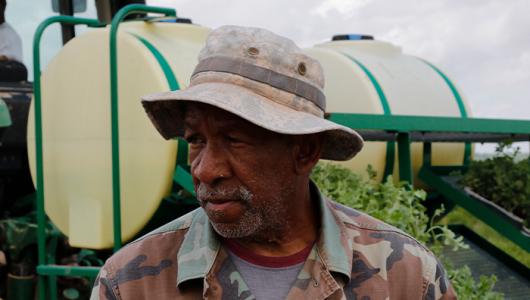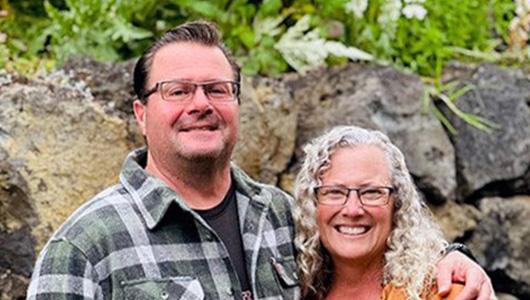This Friday meet Patrick and Diane Luther of Glocester, Rhode Island, where they own 38 acres of woodland. Originally planning to develop house lots for their family, their plans changed as school and careers took their kids down other roads. When USDA’s Natural Resources Conservation Service contacted the couple about protecting the land with a conservation easement, they were very interested.
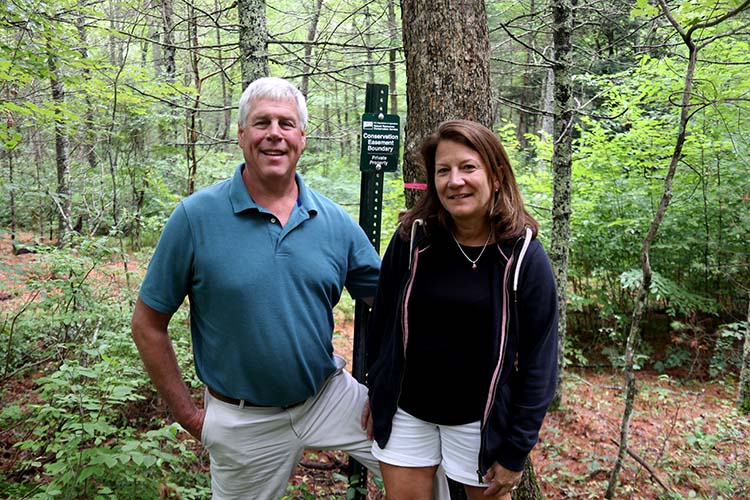
“When we’re here in the middle of the woods, it’s wonderful. That's the way we like it,” said Patrick of their land in the northwest corner of the Ocean State. “We decided that we wanted to preserve the land the way it is.”
Protecting the Land
“We put a Wetland Reserve Easement into place on about 26 acres,” said Joe Bachand, program manager for NRCS in Rhode Island, explaining that the Luthers still own the land. “This easement connects already-protected wetlands through a riparian corridor, which provides wetland-dependent wildlife an area where they can walk from parcel to parcel.”
Through the program, NRCS enters into agreements with eligible partners to leverage resources to carry out high priority wetland protection, restoration, and enhancement and to improve wildlife habitat.
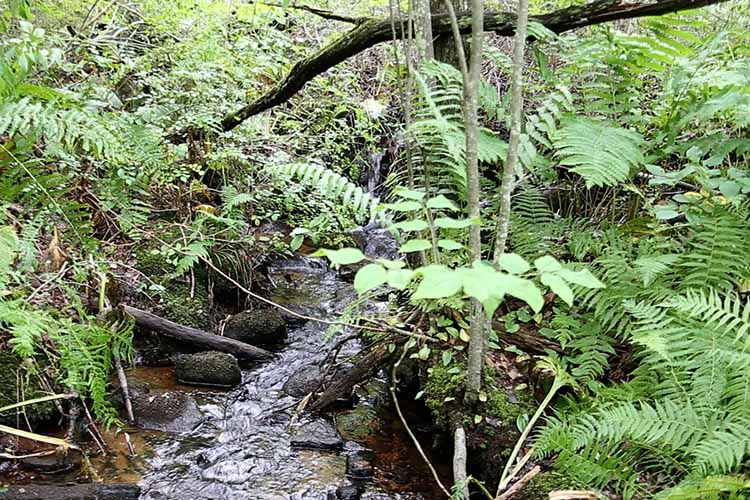
“It was relatively easy,” said Patrick. “Joe came out and explained the program to us. He said that the property was eligible to be entered into an easement in order to link other pieces of property for the North-South Trail and to protect the habitat that's in the woods out here.”
There is a kettle hole on the property, which is home to some species of special concern for the state of Rhode Island. The easement protects the area, along with upland surrounding it, for these wetland-dependent wildlife species.
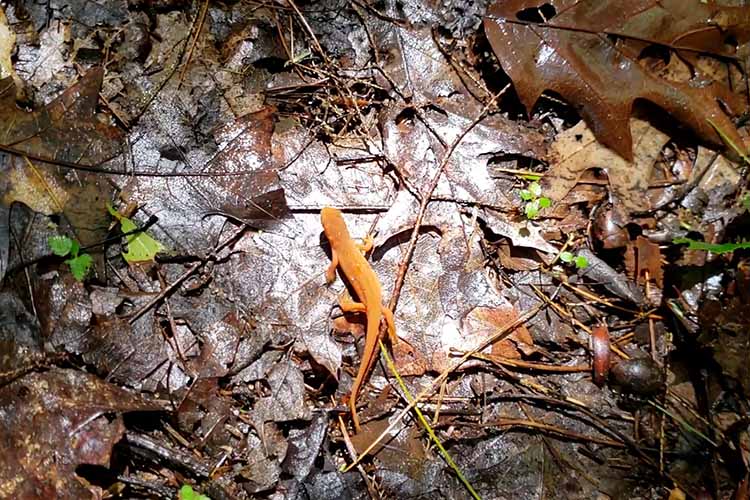
Opportunity to Preserve
Through the purchase of the easement, the landowners and government are partnering to conserve the wetland for wildlife, including some endangered and threatened species, and for people to enjoy the land.
“In this area, there is a corridor that connects to state land,” said NRCS State Conservationist R. Phou Vongkhamdy. “The land will be protected not only by the state, but by these private landowners as well.”
Landowners participating in the program maintain fee simple ownership. If they decide to sell the property, the easement will go with it.
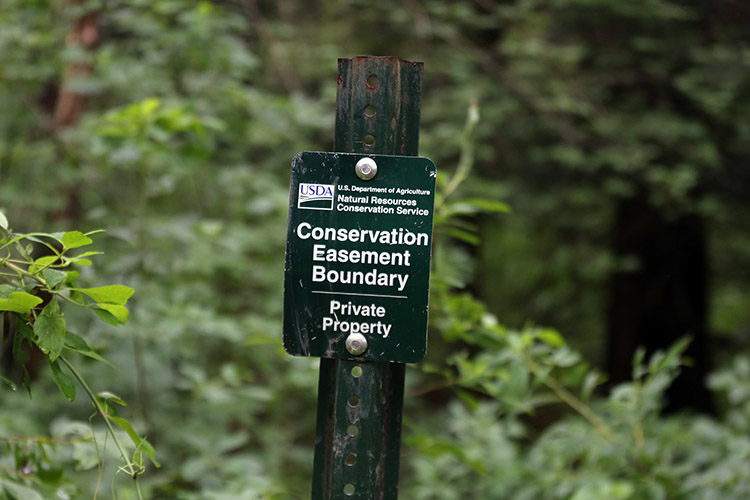
“They can allow people to use the property if they want, but they don't have to,” Joe explains. “They keep the right to quiet enjoyment. They can walk around and enjoy the property and do recreational activities like hunting, fishing, and hiking.”
“The main thing is to protect the land the way it is for all eternity,” said Patrick. “It's a great opportunity to keep things preserved.”
{"preview_thumbnail":"/sites/default/files/styles/video_embed_wysiwyg_preview/public/video_thumbnails/IjrAMNxboB8.jpg?itok=tcgCHAtI","video_url":"https://youtu.be/IjrAMNxboB8 ","settings":{"responsive":1,"width":"854","height":"480","autoplay":0},"settings_summary":["Embedded Video (Responsive)."]}
More Information
Each Friday visit local farms, ranches, forests, and resource areas through our Fridays on the Farm stories. Meet farmers, producers, and landowners who are working to improve their operations with USDA programs.
USDA offers a variety of risk management, disaster assistance, loan, and conservation programs to help agricultural producers in the United States weather ups and downs in the market and recover from natural disasters as well as invest in improvements to their operations. Learn about additional programs.
For more information about USDA programs and services, contact your local USDA service center.
Diane Petit is a Public Affairs Specialist with NRCS in Rhode Island.

